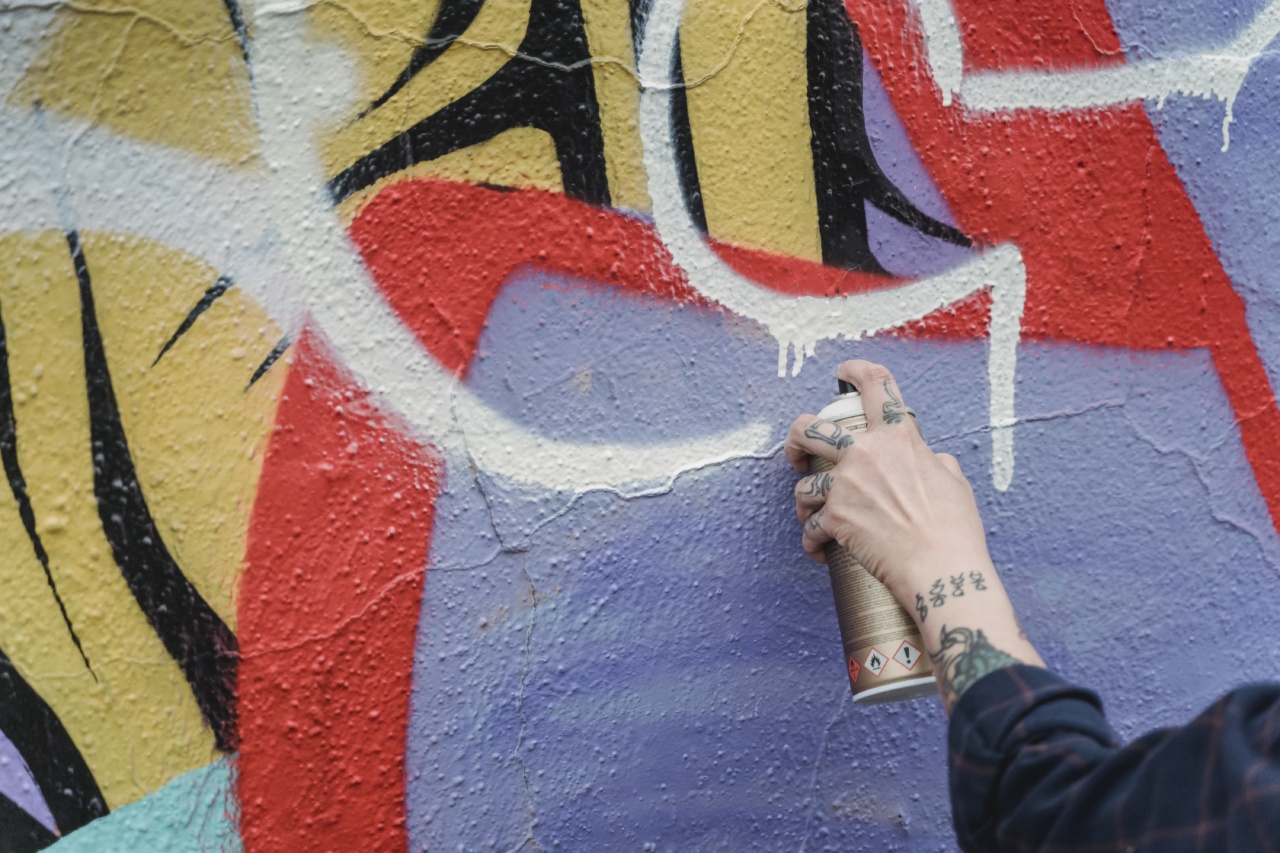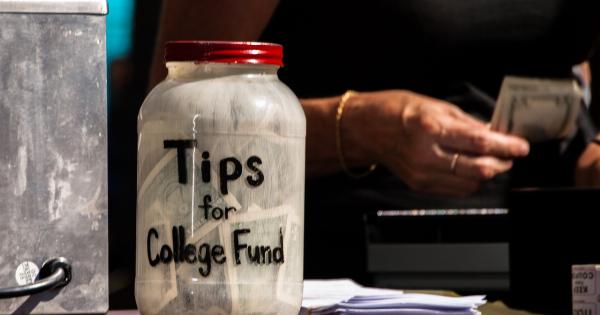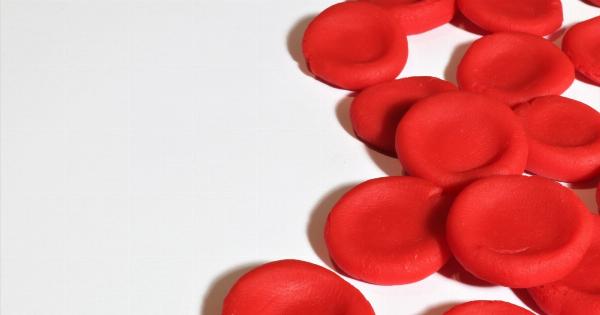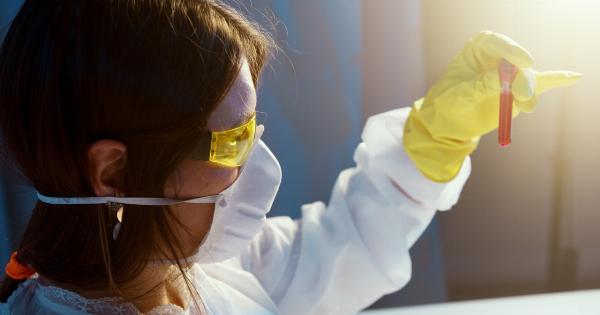Donating blood is a noble act that can save lives. However, certain guidelines and considerations must be taken into account before an individual can donate blood. One common question that arises is whether people with tattoos can give blood.
In this article, we will explore this topic and shed light on the eligibility criteria for tattooed individuals to donate blood.
The Impact of Tattoos on Blood Donation Eligibility
Tattoos have become increasingly popular in recent years, with a growing number of individuals adorning their bodies with various designs and symbols.
However, while tattoos may be a form of personal expression, they can have implications for blood donation eligibility.
Blood banks and donation centers have established certain guidelines to ensure the safety and well-being of both the donor and the recipient.
These guidelines aim to minimize potential risks associated with blood donation, including the transmission of infections or diseases.
Understanding the Tattooing Process
Before diving into the eligibility criteria, it is important to understand the tattooing process and the potential risks involved.
When a person gets a tattoo, a trained professional uses a tattoo machine with needles to inject ink into the dermis layer of the skin. This process creates a permanent design or mark.
While reputable tattoo parlors prioritize hygiene and take precautions to prevent infections, there is still a small risk of contracting bloodborne diseases such as hepatitis or HIV during the tattooing process.
These infections can be transmitted through contaminated needles or improperly sterilized equipment.
Tattoo Healing and Donation Restrictions
One crucial factor in determining blood donation eligibility for individuals with tattoos is the healing process. After getting a tattoo, the skin needs time to heal and close any open wounds.
It is during this healing period that the risk of infection is the highest.
Blood banks and donation centers typically implement donation restrictions for tattooed individuals. These restrictions vary depending on the location and policies of the specific blood bank or donation center.
In some cases, a waiting period of several months may be required before an individual with a new tattoo can donate blood.
Blood Donation Eligibility Criteria for Tattooed Individuals
While donation restrictions may differ, there are some general guidelines that apply to tattooed individuals considering blood donation.
It is important to note that these guidelines may not be universally applicable, and it is always advisable to contact the local blood bank or donation center for accurate information.
1. Age and Identification
Like all potential blood donors, tattooed individuals must meet the age and identification requirements set by blood banks or donation centers. In most countries, individuals must be at least 17 or 18 years old, depending on local regulations.
Valid identification, such as a driver’s license or a passport, is also necessary.
2. Tattoo Location
The location of a tattoo is an important consideration when it comes to blood donation eligibility.
If the tattoo was done in an area that is deemed high-risk for infection, such as near a major blood vessel or on the genitals, the waiting period may be longer or the individual may be permanently deferred from donating blood.
3. Tattoo Age
The age of the tattoo is another crucial factor. Blood banks and donation centers typically require a waiting period after getting a new tattoo before allowing individuals to donate blood.
This waiting period allows the tattoo to heal completely, minimizing the risk of infection. The duration of the waiting period varies and can range from a few months to a year.
4. Tattoo Safety Regulations
Specific safety regulations must be followed during the tattooing process to minimize the risk of infections.
Blood banks and donation centers are particularly concerned about the use of sterile needles, clean equipment, and proper disposal of biohazardous waste. If a tattoo parlor does not adhere to these safety regulations, individuals who have gotten tattoos from such establishments may face deferred blood donation.
5. Tattoo Professional Certification
Sometimes, blood banks and donation centers require tattooed individuals to provide proof that their tattoo artist or parlor is certified and follows the necessary safety protocols.
This certification ensures that the tattoo artist has received proper training, understands the importance of hygiene, and follows stringent health and safety practices.
6. Tattoo History and Health Screening
During the blood donation process, individuals are often asked about their medical history and potential risk factors. Individuals with tattoos may be asked specific questions about their tattoo history, including when and where they got their tattoos.
Honest and accurate responses are crucial to ensure the safety of both the donor and the recipient.
7. Consultation with Health Professionals
If individuals have any concerns or doubts about their eligibility to donate blood due to their tattoos, it is advisable to consult with health professionals or reach out to the local blood bank.
These experts can provide accurate information, clarify any doubts, and guide individuals through the donation process.
Your Role in Ensuring a Safe Donation
As a tattooed individual interested in donating blood, it is essential to take responsibility and actively participate in the process.
Ensure that you follow the guidelines provided by blood banks or donation centers and keep up with any specific requirements related to your tattoos.
To facilitate a safe donation experience, it is important to choose a reputable tattoo parlor that adheres to strict safety protocols.
By selecting a professional and certified artist, you minimize the risks associated with tattooing and, subsequently, any blood donation restrictions.
Conclusion
While having tattoos does not outrightly disqualify individuals from donating blood, there are certain considerations and guidelines that tattooed individuals must adhere to ensure the safety of both themselves and potential recipients.
Tattoo location, age, healing process, safety regulations, and communication with health professionals are all critical factors in determining blood donation eligibility.
If you have tattoos and want to become a blood donor, it is crucial to reach out to your local blood bank or donation center to obtain accurate information regarding their specific policies.
By understanding and following these guidelines, you can contribute to saving lives through the noble act of blood donation.



























